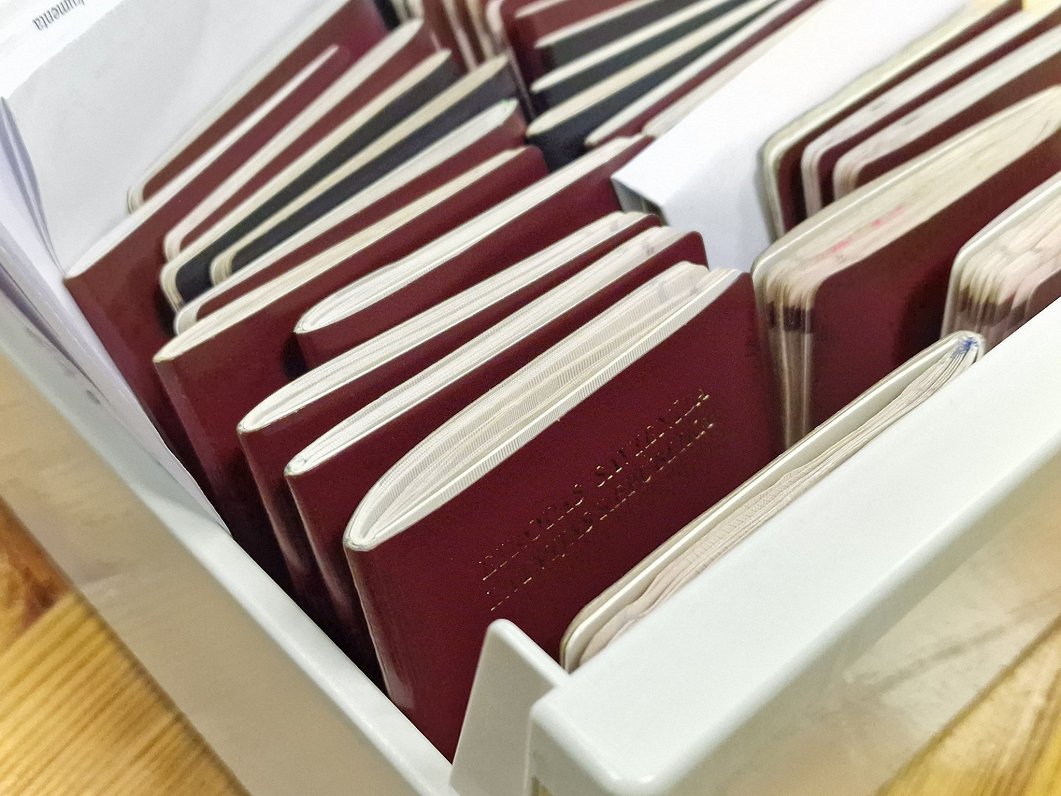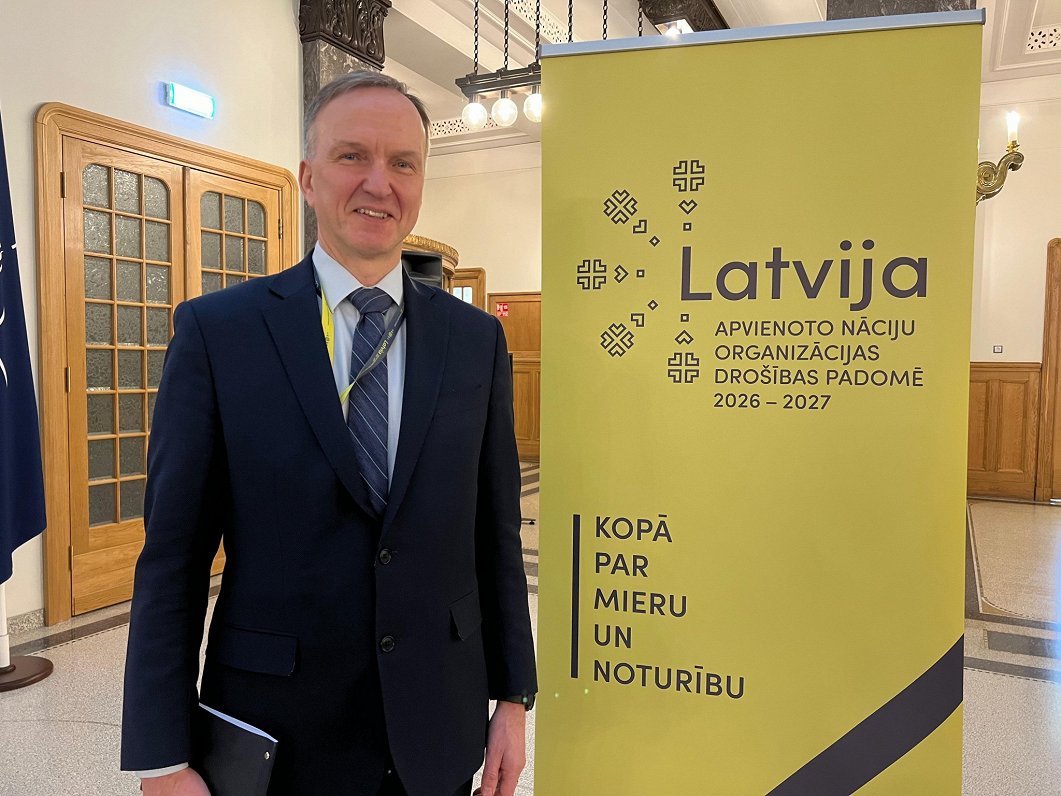As of next year, the standard fee for a passport will rise by €10 to €44, and a year later, in 2026, the fee will rise by €6 to €50. The fee for an electronic identification card (eID) will rise by a similar amount, as foreseen in the amendments to the rules on the state fee for issuing identity documents, approved by the government on December 10.
As of January 1, 2025, the fee for issuing a passport within 10 working days will be €44 (€34 until now) and within two working days €70 (€60 until now). The fee for issuing an identity card or eID card within 10 working days will be €25 (€15) and within two working days €40 (€30).
As of January 1, 2026, the state fee for issuing a passport within 10 working days will be €50 and within two working days €75. As of 2026, the fee for issuing an identity card will be €30 within 10 working days and €45 within two working days.
After the price increase, the reductions in state fees for issuing ID cards will be maintained – for children and young people up to the age of 20, pensioners, and persons with disabilities of group I or II. For these groups, the fee for a standard document will rise by €5 in both 2025 and 2026. So for people with reduced mobility, a passport will cost €20 within 10 working days from 2025 and €25 from 2026, while an eID card will cost €10 from 2025 and €15 from 2026.
The state fee for issuing a foreigner’s identity card will be €170 from January 1 2025, while the fee for issuing a residence permit will be €45 within 10 working days and €80 within two working days.






